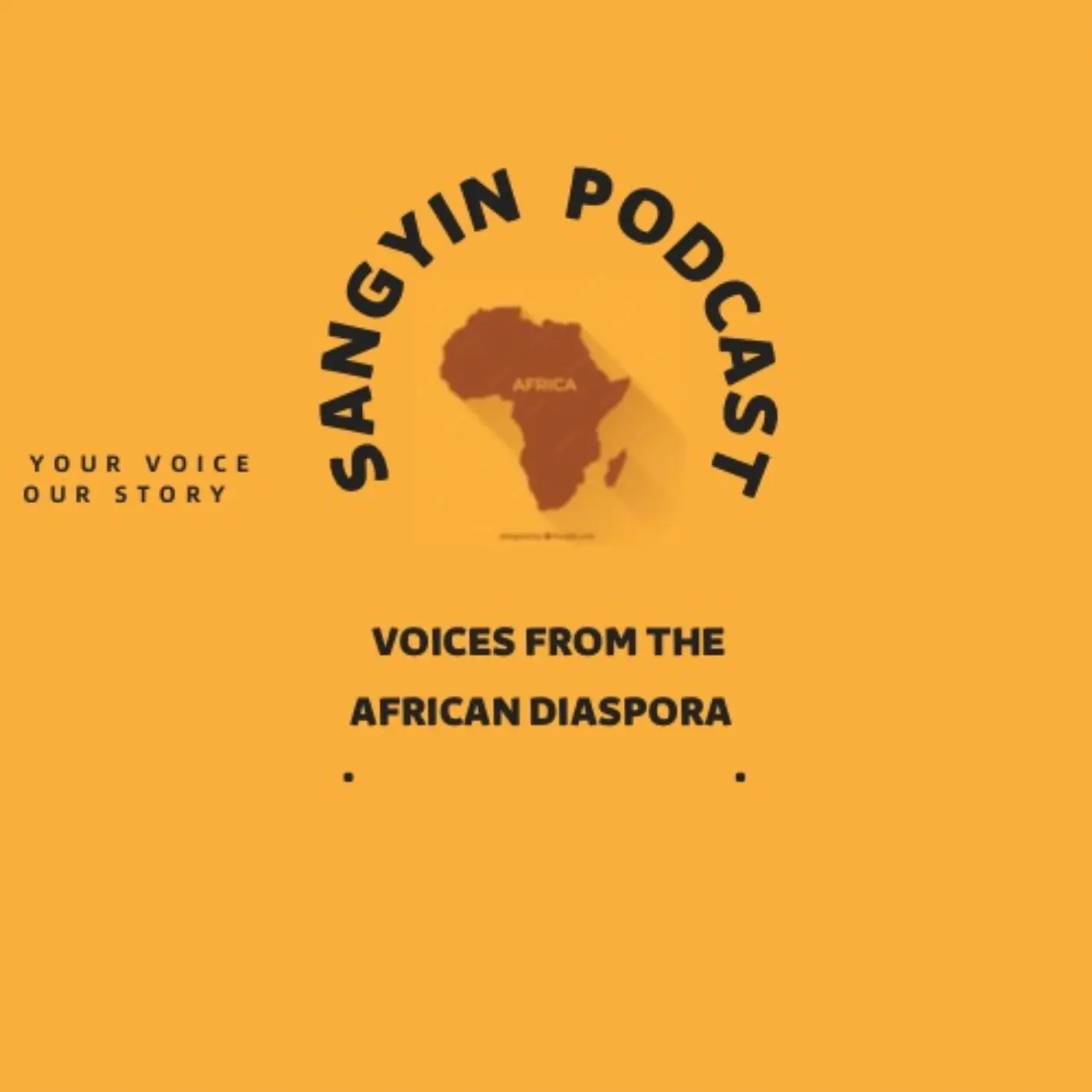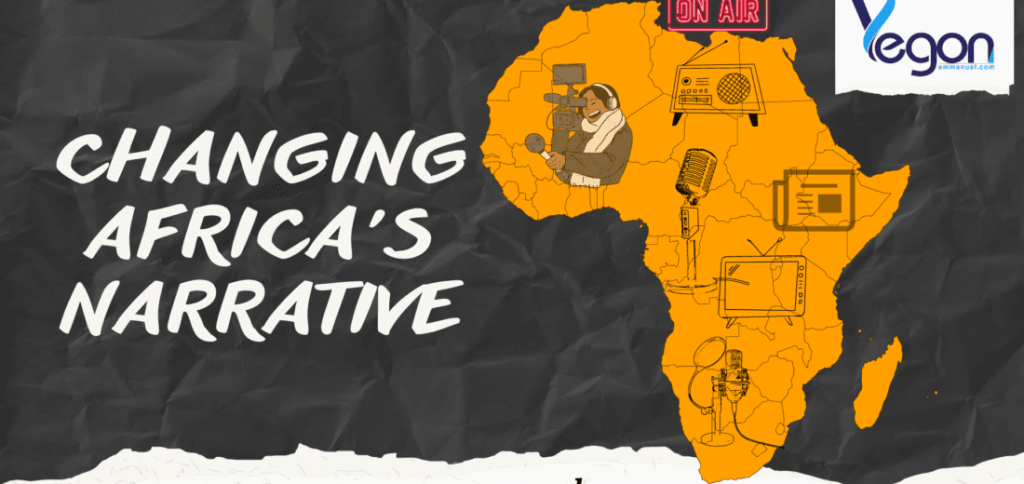PREFACE.
For as long as the records have been written and shared worldwide, the African narrative is mainly that of the perspective of foreigners. During the great age of European exploration, it was the European discoveries that shaped the way the African interior was depicted to a wider global community especially the European powers that used this information to aid colonialism. The traditional African stories which were largely told by oral tradition from generation to generation were largely disregarded especially with the advent of formal education. Worse still, most of the African traditional artifacts that were treasure strove of African tradition were stolen , making Africa the continent with the most ancient artifacts outside its original continent. Most analysists will suggest that oral tradition isn’t a viable way of storing information and that the early Europeans did somewhat tell the real African narrative because the native Africans couldn’t write and store their own history for others to see.
Although this is true for most communities in Africa, its not a definitive overview of the African state of affairs then. There is evidence of written art works in sub Saharan Africa that tell a narrative such as the various rock paintings. Ethiopia for instance has kept its own language, its own calendar , culture and above all a language with own definite characters, a true example of a tradition well kept and a story well preserved. Africa, being the cradle of mankind, truly has a vast history and story to share with the world.
Fast forward to the present day, and the presentation of the African narrative is presented depending on who pulls the strings. Africa is one of the few places on earth without a single homegrown – homebased, home-owned multi-national news agency serving the interests of the continent. Although exception can be made for agencies like AFRI news, they are foreign owned. Many multi national news agencies such as BBC(U.K) , CNN( U.S), CGTN (CHINA), WION( INDIA) , FRANCE 24( FRENCH) , DW( GERMANY, / E.U), Aljazeera(Qatar) all have some special African editions with African correspondents and for some, offices on the continent. Among those listed, the agency with a strong African presence and direction is the BBC, with its many African based programs both on radio and online such as focus on Africa , that have been running since the 1960s. But however good and African based it seem , the narrative in most cases seems to suit the tax payers from which they source their funding. Case in point is the Ethiopian crisis, the Ethiopian government alleged that the rebels were foreign backed especially by the U.S and this was more evident by the way the conflict was portrayed by American news agencies such as CNN. CNN, has however denied this allegations. Another case in point, is the Libyan conflict of 2011, where NATO was lodging a campaign against the Ghaddafiregime. The news sites from the anti-government coalition including Aljazeera Qatar were largely reporting a narrative in support of the victorious rebels, a move that angered many pan Africanists that supported Ghaddafi. The gist of the issue is simple in most cases, CNN will push the American perspectiveon Africa, CGTN the Chinese, WION the Indian and France 24, the French .
But not all hope is lost, there is a perfect way in which the true narrative can be shared.
THE RISE OF THE DIGITAL AGE AND ITS IMPACT OF THE AFRICAN NARRATIVE.
Africa, has the youngest population in the world and that means the current generation is more tech savvy and active online than ever before. Therefore according to a survey done by the university of cape town, most young people who were selected on the continent access their news either on social media or on online news platforms compared to the traditional television or radio. This means that online is the new frontier for journalism ,and without its specific restrictions, it also serves as an example for independent story telling. Digital journalism gives the power especially the youth to share their own stories as they want them to be rightly shared. The beauty of all this, is that you shouldn’t necessarily be a journalist, you should rather be a person equipped with your phone, laptop and the right facts to share your narrative. The best example of digital journalism was the 2019 Sudan protests that ousted long time leader Bashir. The youth shared their political struggle onto social media and other online platforms thus giving the world a great insight into their political struggle. This, if government restrictions were to be neglected, it provided access to major international news agencies that were relying on scanty information or rather would have provided analysts judging by the various “African political researchers” who are usually foreigners that they bring to their shows. The digital revolution gives critical stories much needed attention and also sheds light on upcoming personalities that are changing the continent.
During this current information age, the issue of fake news and what’s authentic and unreal is a big issue. This is an ever recurring issue that has be addressed by the various technology companies and media outlets. To be fair, strides have been done in this area, and news from sources is usually verified beforebeing posted on official news sites. However, some critics will argue that the censorship by some of these platforms in form of blocking selected media pages such as government pages in the case of Uganda, and Ethiopia seems to be limiting media freedom.
However, just like China who created her tech eco system through native apps such as WeChat , weibo , its time the African youth create native African platforms that can not only aid in the digital media revolution but also aid in the narrative of African solutions to African problems.
Written by John Paul Rugaba.


Awesome https://lc.cx/xjXBQT
Awesome https://lc.cx/xjXBQT